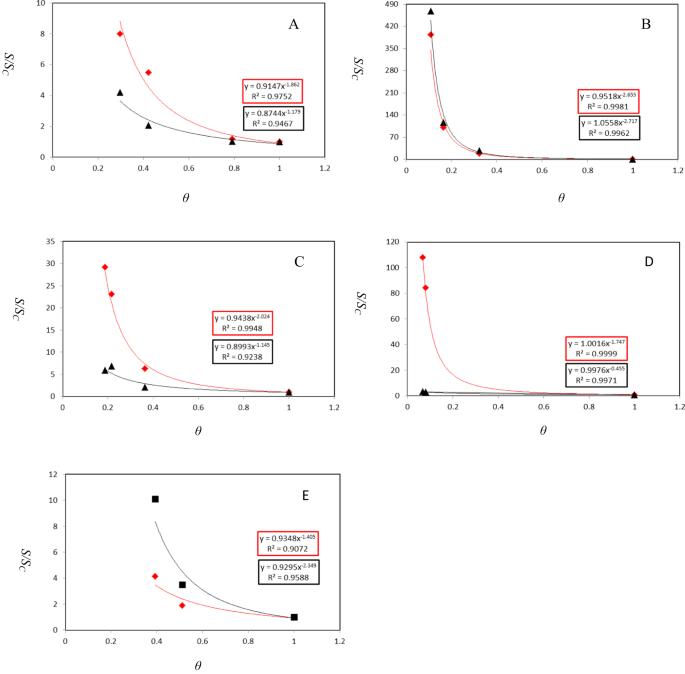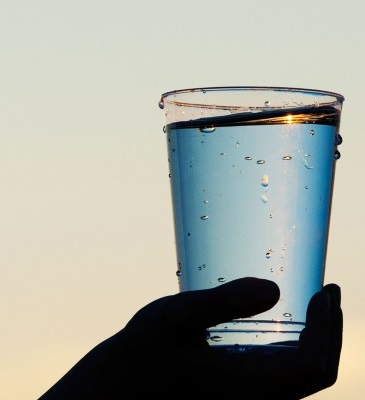Energy system for evaluation of modification methods on energy transfer efficiency and optimization of membranes
IF 11.4
1区 工程技术
Q1 ENGINEERING, CHEMICAL
引用次数: 0
Abstract
Saving energy is crucial for utilizing membrane technology, but there is no energy parameter for understanding the relationships among membrane performance and energy. Here, φ is defined as the energy transfer efficiency of the membrane, and its numerical expression of membrane performance is poor (e.g., in the range of 10−23). The method of modifying membranes is a crucial determinant for developing membrane science, but researchers using current parameters to evaluate modification methods might lead to erroneous conclusions. Hence, the newly established system θ is used to analyze the influence of different modification methods on energy consumption, which not only establish the relationship between different modification methods but also provide the research routes for future optimization methods. The main conclusions are as follows: (1) The current modification methods influence on the energy transfer efficiency of the pristine membrane by about 0.4902–3.278 × 104 times; (2) Using scientific data certifies that the modified support layer of the membranes is a more effective method for reducing the energy consumption than the modified activity layer of the membranes; (3) The establishment of this system provides data support for analyzing the advantages and disadvantages of modification methods, and provides guidance for how to optimize the modification methods of membranes. Therefore, this study not only fills key knowledge gaps in membrane science, but also provides theoretical support for how to optimize membrane modification methods.

用于评估能量传递效率改良方法和优化膜的能源系统
节约能源是利用膜技术的关键,但目前还没有能量参数来了解膜性能与能量之间的关系。在这里,φ 被定义为膜的能量传递效率,它对膜性能的数值表达很差(例如,在 10-23 的范围内)。改性膜的方法是发展膜科学的重要决定因素,但研究人员使用当前的参数来评估改性方法可能会导致错误的结论。因此,新建立的系统 θ 被用来分析不同改性方法对能耗的影响,这不仅建立了不同改性方法之间的关系,也为未来优化方法提供了研究路线。主要结论如下:(1)目前的改性方法对原始膜能量传递效率的影响约为 0.4902-3.278×104 倍;(2)用科学数据证明,改性膜的支撑层比改性膜的活性层是更有效的降低能耗的方法;(3)该体系的建立为分析改性方法的优缺点提供了数据支持,为如何优化膜的改性方法提供了指导。因此,本研究不仅填补了膜科学领域的关键知识空白,而且为如何优化膜改性方法提供了理论支持。
本文章由计算机程序翻译,如有差异,请以英文原文为准。
求助全文
约1分钟内获得全文
求助全文
来源期刊

npj Clean Water
Environmental Science-Water Science and Technology
CiteScore
15.30
自引率
2.60%
发文量
61
审稿时长
5 weeks
期刊介绍:
npj Clean Water publishes high-quality papers that report cutting-edge science, technology, applications, policies, and societal issues contributing to a more sustainable supply of clean water. The journal's publications may also support and accelerate the achievement of Sustainable Development Goal 6, which focuses on clean water and sanitation.
 求助内容:
求助内容: 应助结果提醒方式:
应助结果提醒方式:


